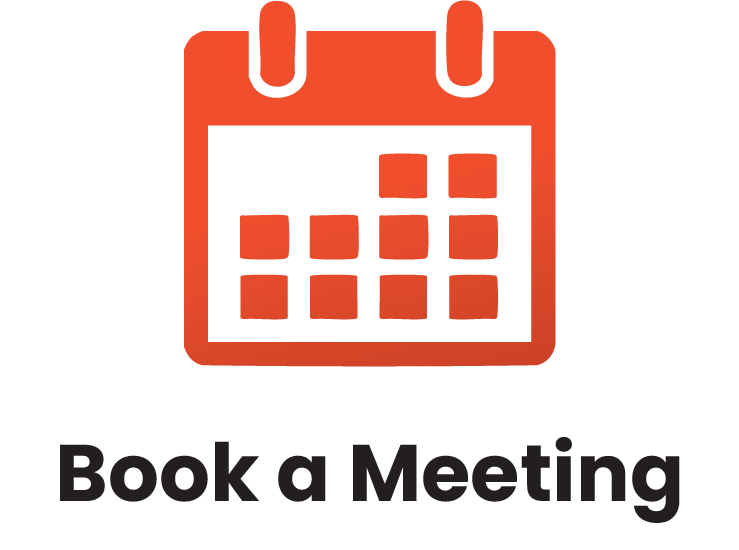Interactive training sessions led by experienced facilitators.
What is In-Person, Instructor-Led Training?
Our in-person training is delivered by a live facilitator who works directly with your team at your location. It’s our most popular format because it allows for real-time interaction, hands-on learning, and direct support.
Every session is tailored to your team’s specific goals, industry, and challenges—no generic, one-size-fits-all programs. Whether it’s a single session or a full training series, we design the experience to be relevant, practical, and fully aligned with your needs.
What is Live Webinar Training?
Live webinars are facilitator-led training sessions delivered online in real time. They’re ideal for teams working in different locations or with busy schedules.
This format offers shorter, more frequent sessions that are easy to coordinate—making it a convenient option for organizations with remote or distributed teams.
What is Virtual Classroom Training?
Virtual Classroom training is live, instructor-led training delivered online. It offers the same interactive experience as in-person sessions, with real-time discussions, group activities, and instructor feedback.
It’s a flexible option for organizations that want to reduce travel, save costs, or better fit training into busy schedules.
What is a Lunch & Learn Session?
Lunch & Learn sessions are short, facilitator-led training sessions delivered in person or online—typically during the lunch hour. They focus on specific topics or skills and offer a quick, engaging way to learn without a full-day commitment.
These sessions can be offered as one-time events or as part of a series, making them a great option for ongoing, bite-sized learning.
Online Learning
Enjoy our self-paced option and learn from anywhere!
$199.00 USD
Appreciative Inquiry
Do you love those moments of exception, when everything seems to have come together and things are working beautifully? Would you like to create an environment where those rare extraordinary moments become the norm? Then you may just be ready to learn the value of Appreciative Inquiry, also known as AI. AI is a method for implementing change that is rooted in being positive, sharing stories of things that work well, and leveraging people’s strengths and the power of co-creation to initiate lasting, powerful changes that can make an organization the best it has ever been, because of people who care and are committed.
LEARNING OBJECTIVES
Learning Objectives
This one-day workshop will help you teach participants how to:
- Recognize and work with the fundamentals of Appreciative Inquiry
- Describe the 4-D’s of Appreciative Inquiry: discovery, dreaming, design, and destiny
- Work through a simple Appreciative Inquiry process
- Create thoughtful, meaningful questions for their own Appreciative Inquiry initiative
- Help organizations review what’s important, what they can become, and how they can get there


COURSE OUTLINE
You will spend the first part of the day getting to know participants and discussing what will take place during the workshop. Students will also have an opportunity to identify their personal learning objectives.
Defining Appreciative Inquiry
In this session, participants will explore what appreciative inquiry is and how it is different from traditional organizational development tools.
Success Principles
Next, participants will learn about the five key principles that form the foundation for appreciative inquiry. Participants will also learn about interview and information gathering processes.
The 4-D Model
The afternoon of the course will focus on the 4-D model: discovery, dreaming, design, and destiny.
Test Driving
The last session of the course will give participants some hands-on practice with the interview guide and interview summary.
Workshop Wrap-Up
At the end of the course, students will have an opportunity to ask questions and fill out an action plan.


















